Introduction
Greek creation myths
Among the major myths associated with Greek religion & literature, the creation stories take center stage. Certainly, they have proved their case in exposing the ancient Greek ideologies and cultures. The appeal of these works has never diminished. Still, the myth is a rather more complex story than plain stories, expressing the basic fears of human life.
A legacy of culture and storytelling – Key Elements in Greek Creation Myths
The Greek creation myths from Homer’s epic poetry to Sophocles’ tragedies in the West culture. They have done their best by participating in these activities to ensure that our understanding of the universe, individual selfhood and humanity are better. The myths still play a key role for most artists and writers as well as many film producers.
Multiple forms of early tales.
But the Hellenic creation myths are not uniform but different stories which change every day. These myths exist in various versions and in every version there is another point of view presented. This diversity only illustrates the abundance and intricacy of Greek culture.
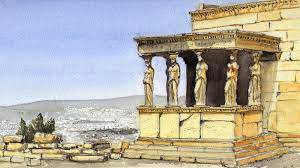
Key Elements in Greek Creation Myths
Chaos: The Primordial Void
The beginning state had no borders and was called Primordial Chaos. This fundamental emptiness gave rise to all phenomena. The beings were born from Chaos, Gaia, Tartarus and Eros.
Birth of the Titans
These were considered children of Gaia, (earth) and Uranus (sky), the mightiest gods of Greek myth. The Titans consisted of Cronus and his sister Rhea together with other gods. During the golden age, a time of peace and prosperity, the world was theirs.
The Rise of the Olympians
However, Cronus was afraid that his children would overtake him and so, he swallowed them one by one. Nevertheless, Rhea deceived Cronus and rescued her young child, Zeus. As Zeus grew old, he drove Cronus to disgorge his siblings. Olympians were led by Zeus, and they won a war against Titan.
The Creation of Humans
When Titanomachy, the conflict of the Titans ended, Zeus and other olympians took their seats on mount Olympus, ruling over the world from their lofty perches. Zeus, the king of the gods, had many children, both goddesses and mortal women. These children became the Greek gods and heroes of the mythology.
The importance of Greek creation myths.
Greek creation myths are a comprehensive system for understanding the world and our existence in it. It investigates the creation, destruction, order, chaos and the relationship between the people and the gods. These myths remain relevant despite the passage of time, as they shed light on the human nature and the struggle that comes with being human.

Chaos: The Genesis of All – Key Elements in Greek Creation Myths
Into the symbolic essence of Chaos.
Chaos was the primordial abyss of the Greek mythology, which represented a vast and shapeless void that gave birth to all the creation. Raw undifferentiated potential of a cosmos with infinite possibilities which has no shape and order.
Chaos is commonly portrayed as a pitch-black torrent, a turbulent primordial sea of chaotic energy. It is a sign of the unknown, the unknown realms of being that human understanding cannot fathom. The duality of creation and destruction, the order and disorder, all represent the chaos.
Chaos as a conceptual force of Greek Cosmogony.
The idea of Chaos was central in Greek cosmogony, the myth of the origins of the world. According to Hesiodic tradition, Chaos was the first and the primal element from which all other things emanated.
Gaia (Earth), Tartarus (the Underworld) and Eros (Love) all stemmed from Chaos. Gaia, the solid and fertile earth, created the foundation for the cosmos, while Tartarus, the deep abyss, provided the dark primordial state. Eros, the god of love and pleasure, initiated creation.
The Philosophical Significance of Chaos by Edward F. Feske.
For the Ancient Greeks, the notion of Chaos was of immense philosophical significance. It was a symbol of what human knowledge couldn’t know about the universe and how infinite it was. Chaos was a signifier of the factual uncertainty of life and those forces that existed outside human influence.
Greek philosophers struggled to understand the contradiction in Chaos and saw it as the cause of both destruction and creation. Chaos could be considered as both a condition of existence and a threat to it, as something that both hinders and brings about order.
Divine Lineage: Titans and Olympians
Titans as Progenitors and precursors
They sprang from the void of Chaos—the first generation of gods. They were big and tough rulers of the universe, reigning during what was known as the Golden Age.
The Titans included Cronus (the king of titans) and his wife Rhea. The Olympians, a new generation of gods, were their children, as they overthrew and took over supremacy from the Titans.
Olympian Deities – Key Elements in Greek Creation Myths
In a paramount episode, Zeus, the youngest of Olympian gods, organized rebellion again titans, which resulted with titanomachy, cosmic war that threatened the universe.
The Olympians won and became the lords of the universe. From this place they climbed up Mount Olympus which was their celestial abode where they would rule the lives of mortals and gods.
THE INTRICATE WEB OF FAMILIAL RELATIONS. – Key Elements in Greek Creation Myths
The Greek pantheon had intricate links of families, where it involved the Titans and the Olympians.
The Olympians were often the children of both Titans and gods, and this is how they got their rivals. These relations brought about the dynamics of power and influence in the Greek divine world.
The complexities associated with family ties were highly crucial in Greek mythology as they were integral factors in shaping stories and the reasons that informed the actions of the gods.
Titanomachy: The Cosmic Battle
Pivotal conflict shaping the Greek Pantheon.
A great war between Titans and Olympians, the Titanomachy, is one of the pivotal events in Greek mythology. However, this epical battle for supremacy redesigned the divine order, making Olympian gods the rulers in heaven.
Cronus feared that his children would replace him. So he swallowed them all one at a time. On the other hand, Rhea, who wanted to save her youngest son, Zeus, deceived Cronus by substituting a stone in place of him.
Zeus grew, so Cronus was forced to throw his siblings up from his stomach, which resulted in the war of the Titans. For the whole decade, the Titans’ might was opposed by the Olympians’ tactics and Zeus wielding lightning.
The aftermath and consequences – Key Elements in Greek Creation Myths
Titanomachy was very crucial to Greek mythology because of the way it ended. The conquering Olympians climbed Mount Olympus and ruled over the skies, the physical world, and the underworld.
After that, Zeus, the supremo of the Olympians, took over and reigned supreme; using his thunderbolts as his symbol of rule. Poseidon, the youngest, took charge of the water and earthquakes, while Hades took control of the world of the dead.
Following the Titanomachy, a new universe was created where the Olympians governed the affairs of both mortal and divine beings. The world is not just for them; they shape the world and influence human destiny, inspiring temples and rituals.
Symbolism Embedded in the Titanomachy – Key Elements in Greek Creation Myths
The narration beyond its literal meaning is referred as titanomachy. It is a battle between ancient and modern forces that gives way to an ordered heaven.
The outcome of the war stands for triumph of order over chaos, the building-up of hierarchical divine order and rising Zeus as the supreme ruler embodied with justice and authority.
The Titanomachy works as warning to people never to rise up in defiance against any sort of authority or ambitions that can’t be contained. Cronus’s fears and paranoia caused his fall and the ascent of the new Gods.
Conclusion – Key Elements in Greek Creation Myths
Greek creation myths attract listeners even today allowing us to learn more about mentality, morals and notions of universe of the ancients Greeks. The myths touch on such deep topics as genesis, annihilation, structure, chaos, and humankind’s divine relations.
The birthplace of the titans and Olympian gods begins from the primordial void of chaos, which is the origin of everything. This mythological battle is known as the Titanomachy and it gave way for the Olympian gods dominance on the cosmos.
The divinity of powers and duties among divine beings in the form of the Olympian triad of Zeus, Poseidon, and Hades. A typical example of the power possessed by a lord is Zeus, the king of the gods using his thunderbolt for authority and fairness. Poseidon rules the seas and earthquakes, while Hades governs the underworld, where the dead reside.
Greek creation myths are still popular in contemporary times as they remain stories with deep meaning about man and age old enigmas of the universe.
FAQs – Key Elements in Greek Creation Myths
what are the three most common Greek creation myths?
The three main Greek creation myths are:
Theogony: The above is a story of creation of the universe from Chaos which was the primordial void.
Cosmogony: According to this myth, the world started emerging out from the body of the giant Gaia.
Anthropogeny: The second myth relates to the making of humans out of soil and the ash remains of the Titans.
Who are the Titans?
In Greek mythology, the Titans represented the first generation of gods and goddesses. Gaia and Uranus’s offspring. During the Golden Age, a time of peace and affluence, the Titans governed the world.
Who are the Olympians?
Olympians are second-generation gods and goddesses of Greek mythology. The were born out of the Titans and they defeated the Titans in the Ten year-long titanomachia. They reigned over the earth from mount olympus, the Olympians.
What is the Titanomachy?
It is called Titanomachy, the ancient war of the Titans with the Olympians. The war took almost a decade before the Olympians won. The story of power, betrayal and revenge in the Titanomachy.


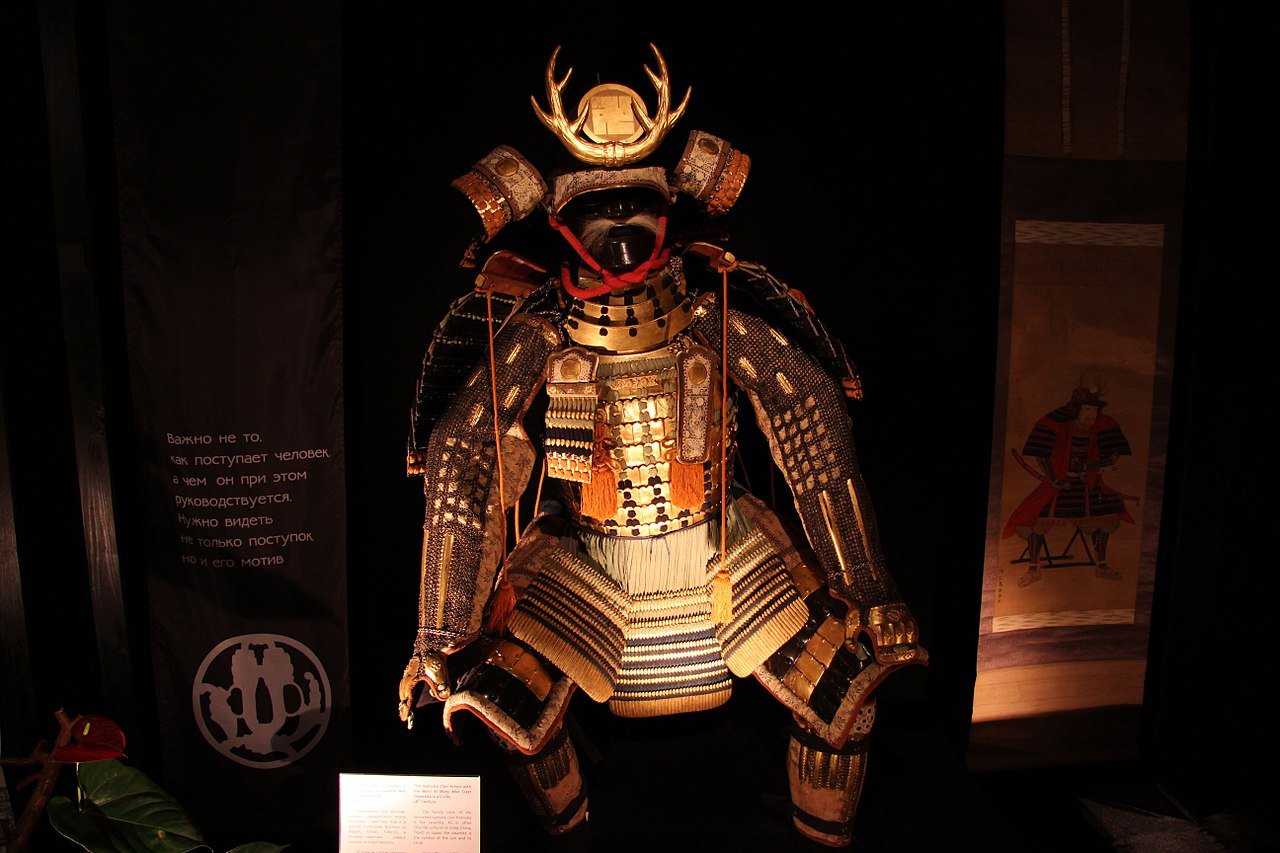
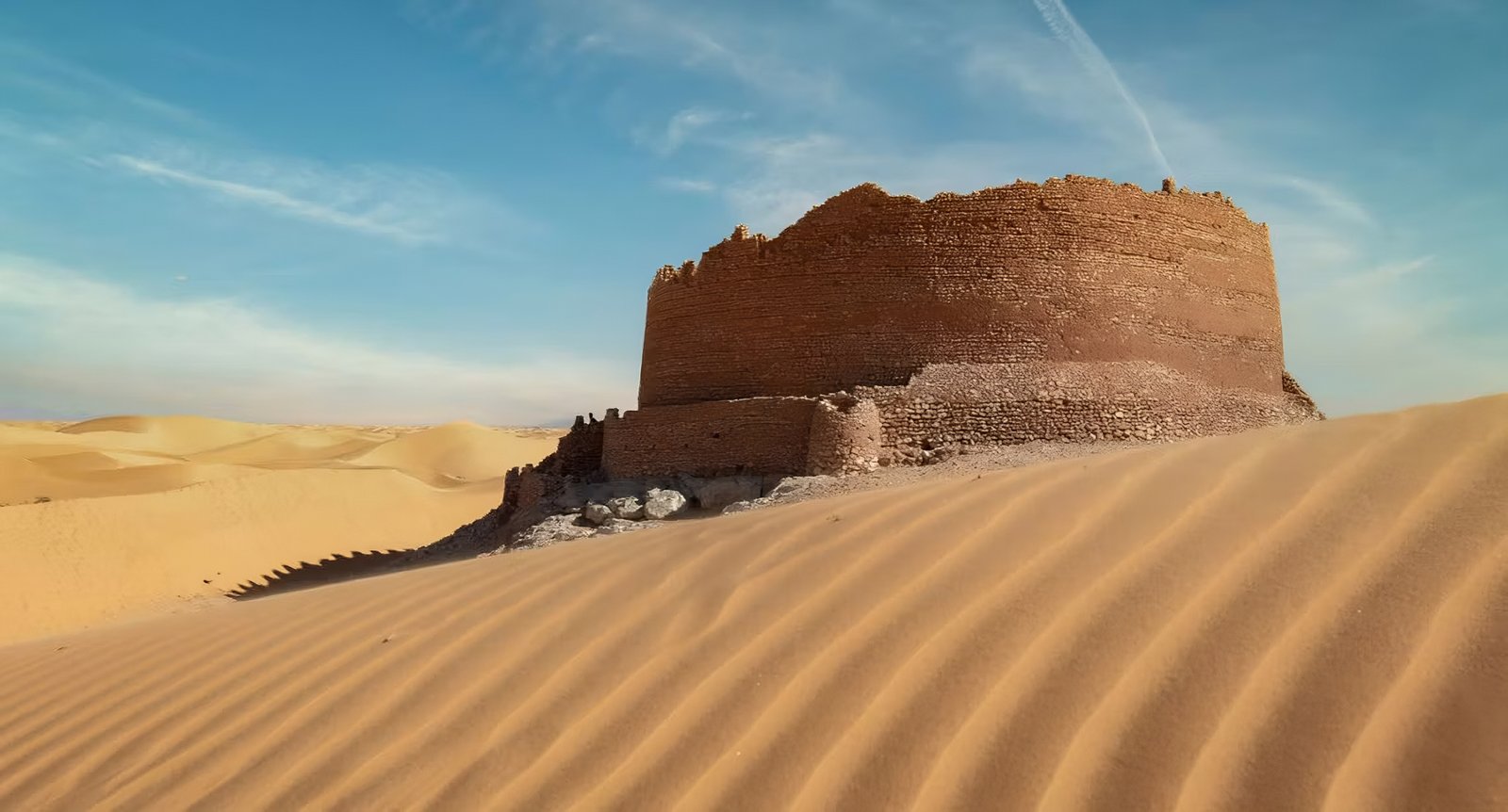
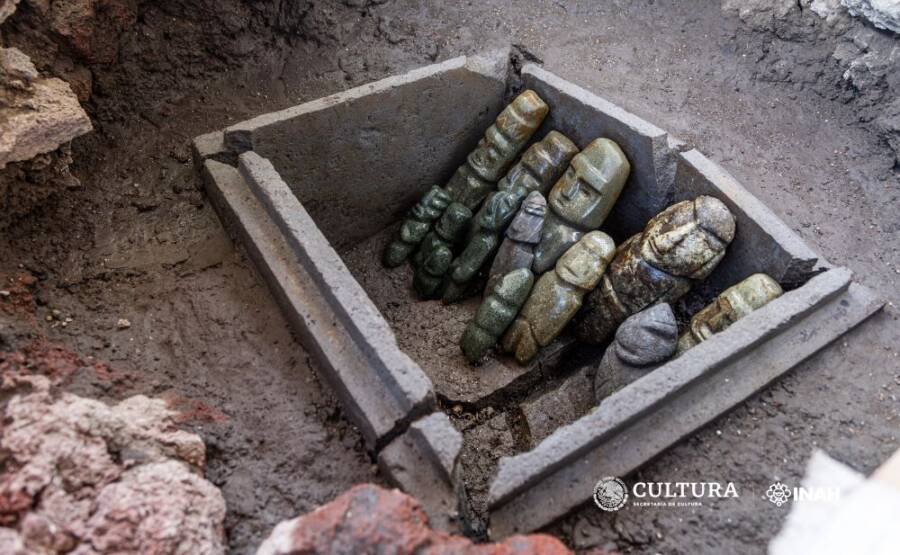
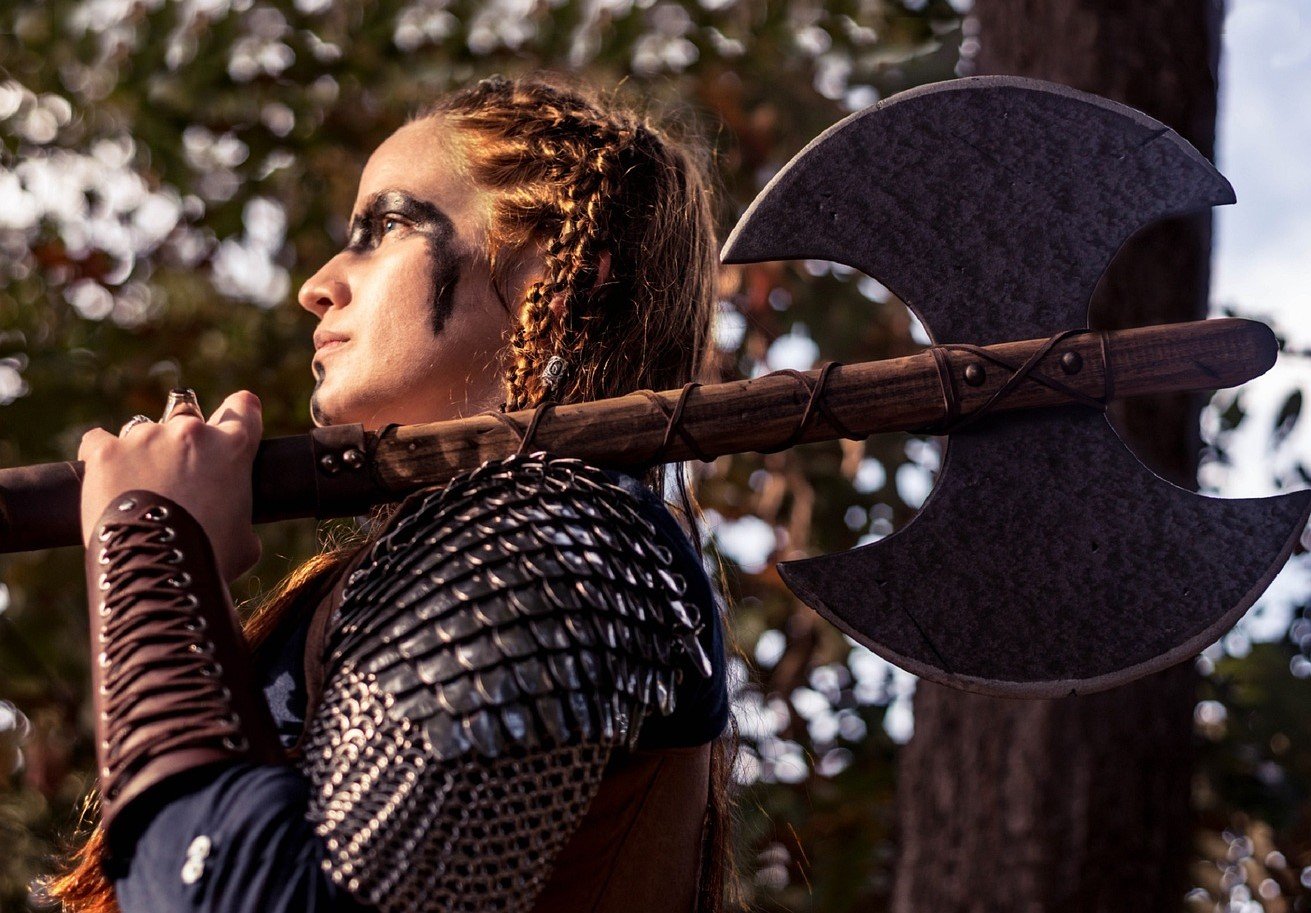

1 thought on “Divine Essentials: Exploring the Importance of Key Elements in Greek Creation Myths”
Your article helped me a lot, is there any more related content? Thanks!